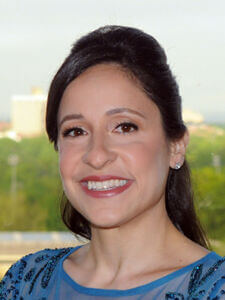president's message
 October 2025
October 2025
A Legacy of Service and a Future of Promise: QCBA at 150
As we prepare to celebrate the 150th anniversary of the Queens County Bar Association, I am filled with gratitude and awe. To serve as President during this milestone year is both humbling and inspiring. When I reflect on our founders—attorneys who came together in 1876 to strengthen the legal community in a growing borough—I am reminded that their vision still guides us today: to connect, to learn, and to serve.
Our anniversary is more than a date on a calendar; it is a testament to the resilience and dedication of generations of lawyers and judges who believed in the power of this Association. For a century and a half, the Queens County Bar Association has been a place where new attorneys have found mentors, where seasoned professionals have shared their wisdom, and where the bench and bar have come together to advance justice for the people of Queens.
Throughout our history, our members have achieved remarkable things. They have argued cases before the U.S. Supreme Court, served as judges and justices at many levels of our court system, received awards for their service to the community and for their leadership, led important reforms in our profession, and stood as champions for justice in their communities. Our members’ achievements reflect not only their individual dedication but also the strength and vitality of this Association that nurtures such excellence.
The practice of law in Queens has changed dramatically over these 150 years. From the earliest days of horse-drawn carriages bringing lawyers to the courthouse, to today’s virtual hearings and technology-driven research tools, the Queens County Bar Association has been there. What has not changed is our dedication to the highest standards of professionalism, our belief in the importance of community, and our unwavering commitment to the people we serve. During the COVID-19 pandemic, the Queens County Bar Association led the way by hosting some of the first virtual social events and has continued to empower our members with education on virtual platforms, cybersecurity, artificial intelligence, and the evolving use of social media. We stay committed to helping our members navigate through emerging challenges while staying true to our core values.
One of our greatest sources of pride is the diversity of our membership and our board of managers. The Queens County Bar Association reflects the extraordinary diversity of Queens itself—lawyers from different cultures, backgrounds, and experiences who bring fresh perspectives and enrich our collective understanding of the law. That diversity strengthens our Association and ensures that our work is grounded in the realities of the community we serve.
This year is an opportunity to honor our rich history. We will reflect on the milestones that brought us here, from the first committees formed by our founders to the many groundbreaking programs and initiatives that have strengthened both our profession and our community. We will also celebrate the people both past and present whose vision, energy, and integrity have made the Queens County Bar Association a cornerstone of the legal community.
At the same time, we are looking forward. Our anniversary challenges us to think about the next 150 years:
- How we will support and inspire young lawyers entering a profession that is rapidly changing.
- How we will continue to foster diversity and inclusion so that our Bar reflects the vibrant community we serve.
- How we will embrace innovation in the law and in our Association to ensure that we remain a strong, relevant voice for our members and for justice.
For me, this celebration is also personal. Like so many of you, I have been shaped by the mentors, colleagues, and friends I have met through the Queens County Bar Association. I am grateful for the support and encouragement I have received since joining the Queens County Bar Association. This Association has been a source of knowledge, encouragement, and opportunity—not just for me, but for countless others. As President, it is my honor to give back and to help strengthen this community for those who will follow.
I invite each of you to join in this celebration, not only by attending events and sharing in the festivities, but also by reflecting on your own journey with the Queens County Bar Association. Together, we will honor our past, embrace our present, and build a future that will make the next generation of lawyers as proud of this Association as we are today.
Here’s to 150 years of excellence, achievement, and service—and to many more years of carrying that legacy forward.
With my warmest regards,
Kristen
